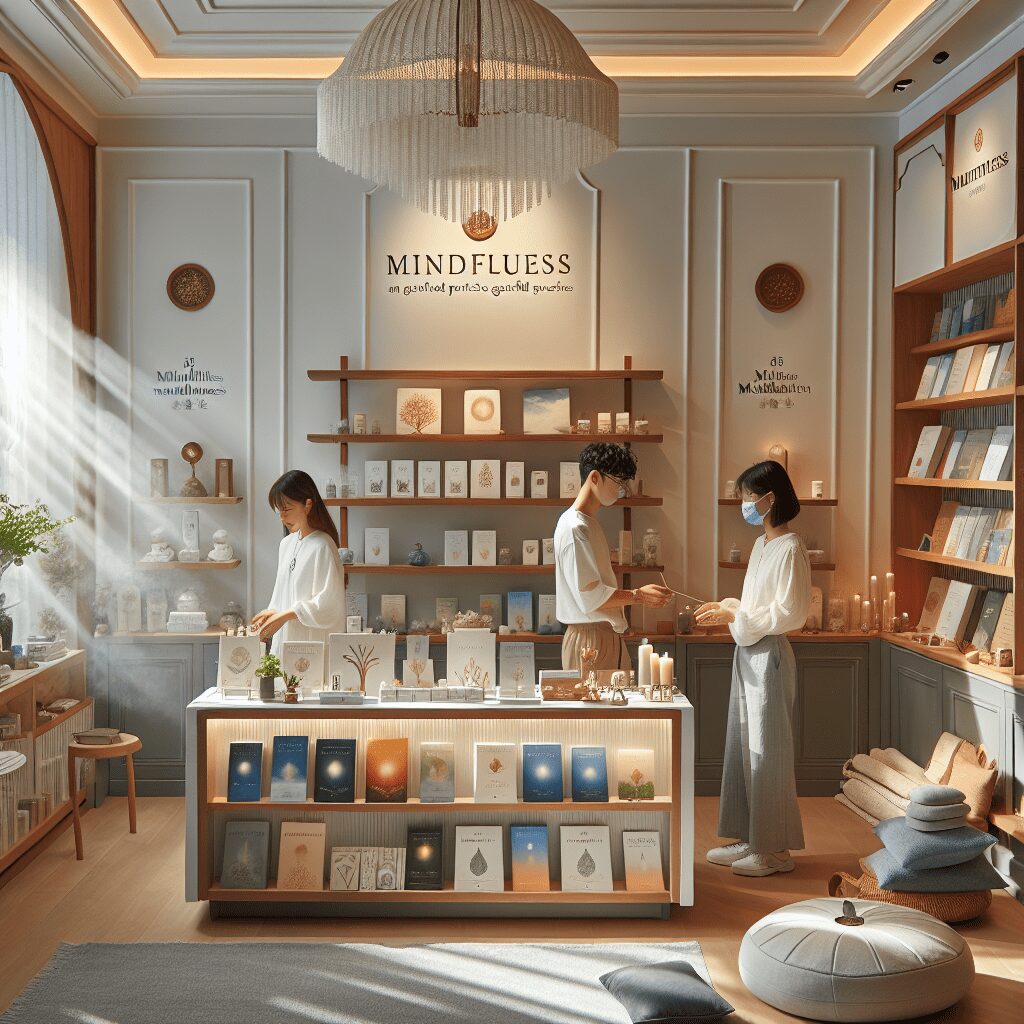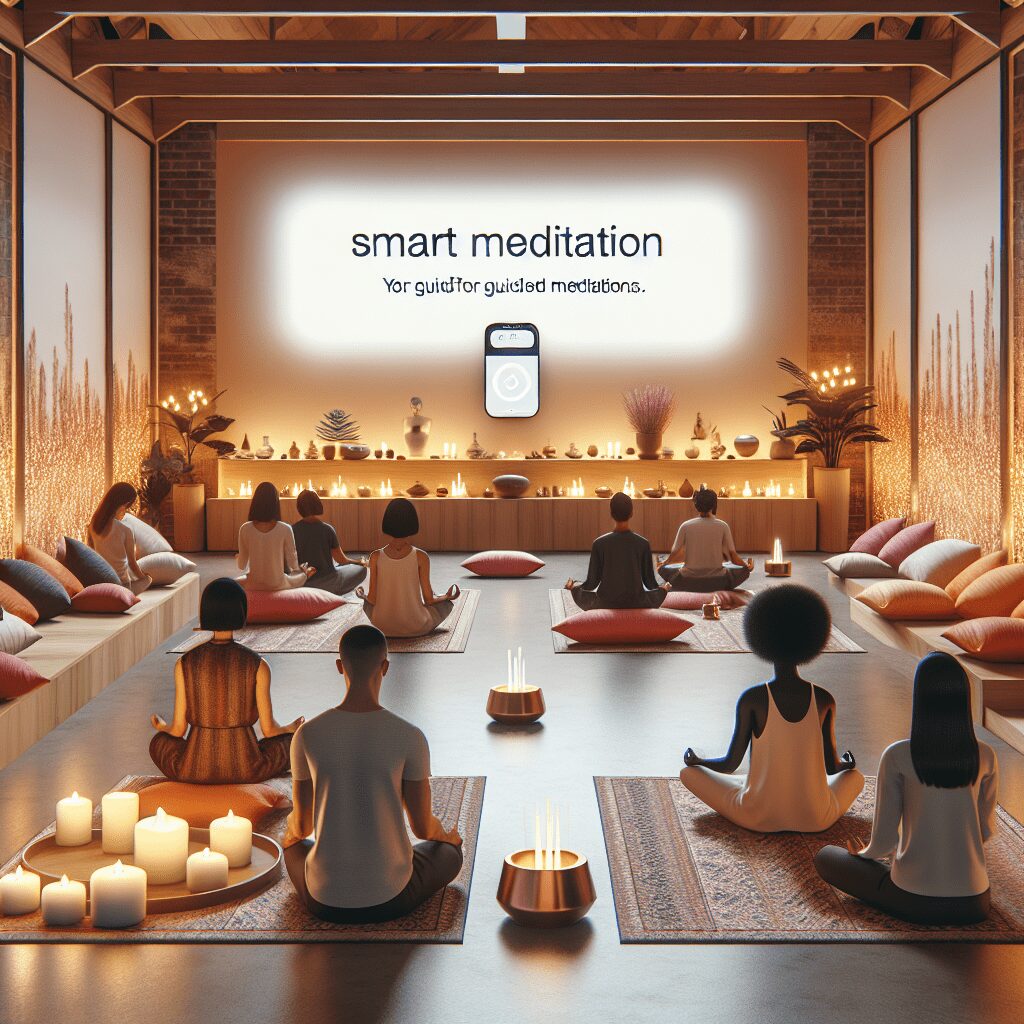
Prioritize your mental well-being daily. Enhance your life by nurturing your mental health with the Smart Meditation app. Break free from stress, alleviate anxiety, and enhance your sleep quality starting today.
How Social Support Helps Reduce Stress Using Self Determination Theory?
Unlocking the Power of Social Support: A Deep Dive
In the hustle and bustle of modern life, stress has become a constant companion for many. However, nestled within the realms of psychology and social sciences, theories like Self-Determination Theory (SDT) provide a fascinating lens through which we can comprehend and mitigate the effects of stress through the simple, yet profound, mechanism of social support. Let’s journey into how this interplay between social support and SDT not only makes sense but can truly be a game-changer in stress management.
Understanding the Connection: Social Support Meets SDT
At its core, Self-Determination Theory posits that humans have three basic psychological needs: autonomy, competence, and relatedness. When these needs are met, individuals not only flourish but their well-being skyrockets. Herein lies the crux of the matter – social support is not just a feel-good factor; it’s a vital cog in the machinery of our psychological well-being.
-
Autonomy stands for being in control of one’s own life and making choices independently. When someone has a support system, they often feel empowered to make decisions, knowing they have a safety net. It’s like having a trampoline underneath you; you’re more willing to jump when you know there’s something to catch you.
-
Competence reflects our need to feel effective and skilled at what we do. Imagine trying your hand at a new hobby and having someone cheer you on, celebrating your small victories. That encouragement can be the difference between giving up and going on.
-
Relatedness is the need to feel connected to others. It’s that warm, fuzzy feeling when someone texts just to check in, or when a colleague brings you coffee, just because. These gestures, big and small, tether us to the world and to the people in it.
But how exactly does social support put the brakes on stress, you might wonder?
The Stress-Busting Magic of Social Support
Imagine you’re juggling – work, family, personal goals – and more balls keep getting added. The stress mounts. Now, picture someone stepping in to catch a few of those balls. That’s what social support does. It doesn’t eliminate the causes of stress, but it helps manage the load, making it more manageable. Let’s break it down:
-
Emotional Buffers: Empathy, love, trust, and listening – the emotional facets of social support – act as cushions. They make the hard knocks of life a tad softer, providing a psychological space where one can express feelings, vent, and feel understood.
-
Advice and Information: Ever been at a crossroads, not knowing which path to take? Social support often comes armed with advice and information, guiding you through uncertain territories. It’s like having a personal GPS that doesn’t just show the way but also encourages you to embrace the journey.
-
Tangible Assistance: Sometimes, the support is physical – a friend helping you move, a neighbor picking up groceries for you, or a colleague covering your shift. These acts of service can significantly reduce stress by lifting immediate burdens.
Incorporating Social Support and SDT in Daily Life
Adopting an SDT framework in our lives means actively seeking and nurturing relationships that fulfill our needs for autonomy, competence, and relatedness. Here are a few pointers:
-
Foster Independence While Staying Connected: It’s about striking a balance. Encourage and support autonomy in others and yourself, but maintain the connection. Independence and support are not mutually exclusive but rather complementary.
-
Celebrate Competence: Acknowledge your achievements and those of others. A little recognition goes a long way in boosting morale and reducing stress.
-
Forge Meaningful Connections: In an age where interactions often occur behind screens, prioritize genuine, heartfelt connections. Face-to-face, sincere interactions can do wonders for our sense of relatedness and, by extension, our stress levels.
In wrapping up, it’s clear that social support, underpinned by the principles of Self-Determination Theory, isn’t just a nicety – it’s a necessity. As we navigate the ebbs and flows of life, let’s remember to lean on and offer support. After all, a burden shared is a burden halved. And in the collective endeavor of stress management and well-being, social support, grounded in autonomy, competence, and relatedness, is our ally, our buoy in the tumultuous seas of life.





